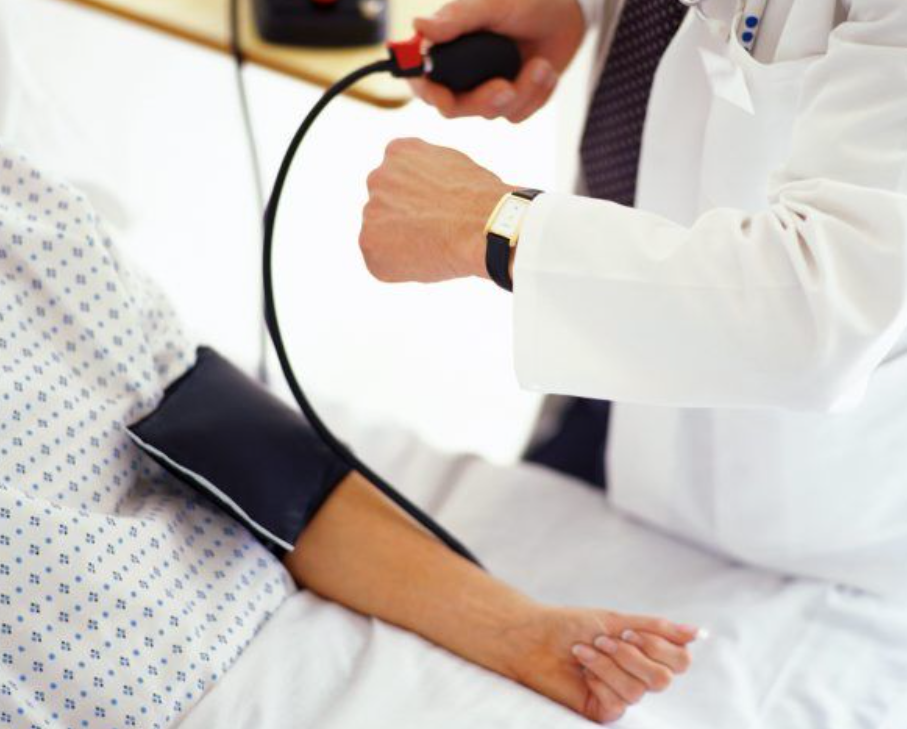What is High Blood Pressure?
High blood pressure is defined as a persistent increase in blood pressure that can occur at any time of day. This phenomenon should not be taken lightly, as it can have serious repercussions on health. Blood pressure is measured in millimeters of mercury (mmHg) and is expressed in two values: systolic pressure (the top number) and diastolic pressure (the bottom number). A normal reading is considered to be around 120/80 mmHg, and anything above 130/80 mmHg may be cause for concern.
Medisana BU 510 Tensiómetro de brazo, medición precisa de la presión arterial y el pulso con función de memoria, escala de semáforo, indicación de latidos irregulares, Color Gris, Blanco
OMRON Tensiómetro de brazo digital X4 Smart, monitor para la presión arterial y el control de la hipertensión, validado clinicamente también para uso en diabéticos o durante el embarazo
Common Symptoms of Hypertension
Although some people may be asymptomatic , that is, not present symptoms, many others may experience various signs that alert them to the existence of hypertension. Among the most frequent symptoms are:
- Headache: Often described as a severe pain that is not easily relieved.
- Dizziness: Feeling of unsteadiness that can lead to falls if care is not taken.
- Visual disturbances: May include flashes of light or temporary loss of vision.
- Ringing in the ears: A persistent noise or ringing sensation can be an indicator of high blood pressure.
The Importance of Medical Care
If you experience these symptoms, it is essential to get a medical evaluation. A health professional can perform the necessary tests to determine if your blood pressure levels are normal. This is vital, as untreated hypertension can lead to serious complications, such as heart disease, stroke, or kidney problems.
Risk Factors
Several factors can contribute to the development of high blood pressure, some of which are:
- Genetics: Having a family history may increase your risk.
- Lifestyle: High sodium diet, lack of physical activity and excessive alcohol consumption.
- Stress: Constant stress can play a major role in blood pressure levels.
Prevention of High Blood Pressure
Adopting a healthy lifestyle can help control and prevent hypertension. Here are a few recommendations:
- Balanced diet: Include fruits, vegetables and whole grains in your diet.
- Regular exercise: Get at least 150 minutes of moderate physical activity each week.
- Controlling stress: Techniques such as meditation or yoga can be very effective.
High blood pressure is a health problem that requires attention and care. Never ignore symptoms and seek help from a health professional if you experience them. Implementing lifestyle changes can be essential not only to manage hypertension, but also to promote overall health in the future.
